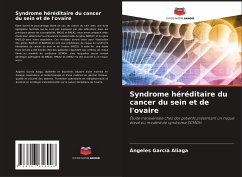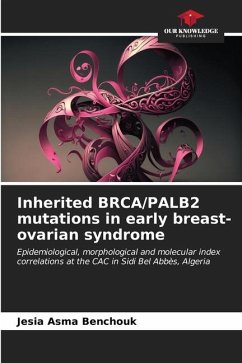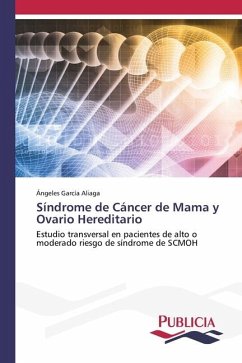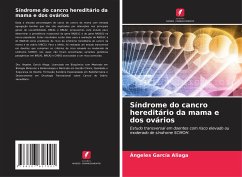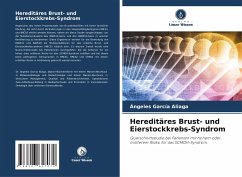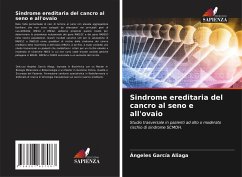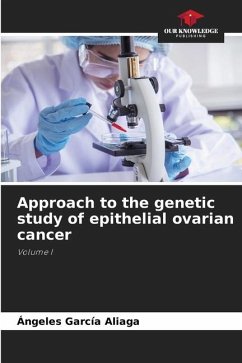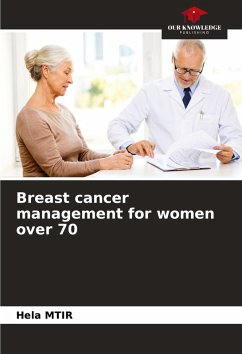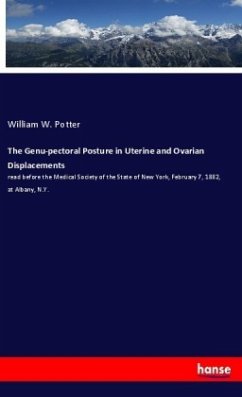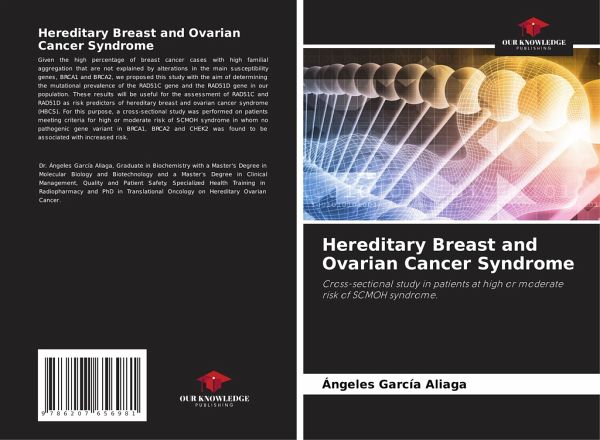
Hereditary Breast and Ovarian Cancer Syndrome
Cross-sectional study in patients at high or moderate risk of SCMOH syndrome.
Versandkostenfrei!
Versandfertig in 6-10 Tagen
30,99 €
inkl. MwSt.

PAYBACK Punkte
15 °P sammeln!
Given the high percentage of breast cancer cases with high familial aggregation that are not explained by alterations in the main susceptibility genes, BRCA1 and BRCA2, we proposed this study with the aim of determining the mutational prevalence of the RAD51C gene and the RAD51D gene in our population. These results will be useful for the assessment of RAD51C and RAD51D as risk predictors of hereditary breast and ovarian cancer syndrome (HBCS). For this purpose, a cross-sectional study was performed on patients meeting criteria for high or moderate risk of SCMOH syndrome in whom no pathogenic ...
Given the high percentage of breast cancer cases with high familial aggregation that are not explained by alterations in the main susceptibility genes, BRCA1 and BRCA2, we proposed this study with the aim of determining the mutational prevalence of the RAD51C gene and the RAD51D gene in our population. These results will be useful for the assessment of RAD51C and RAD51D as risk predictors of hereditary breast and ovarian cancer syndrome (HBCS). For this purpose, a cross-sectional study was performed on patients meeting criteria for high or moderate risk of SCMOH syndrome in whom no pathogenic gene variant in BRCA1, BRCA2 and CHEK2 was found to be associated with increased risk.





